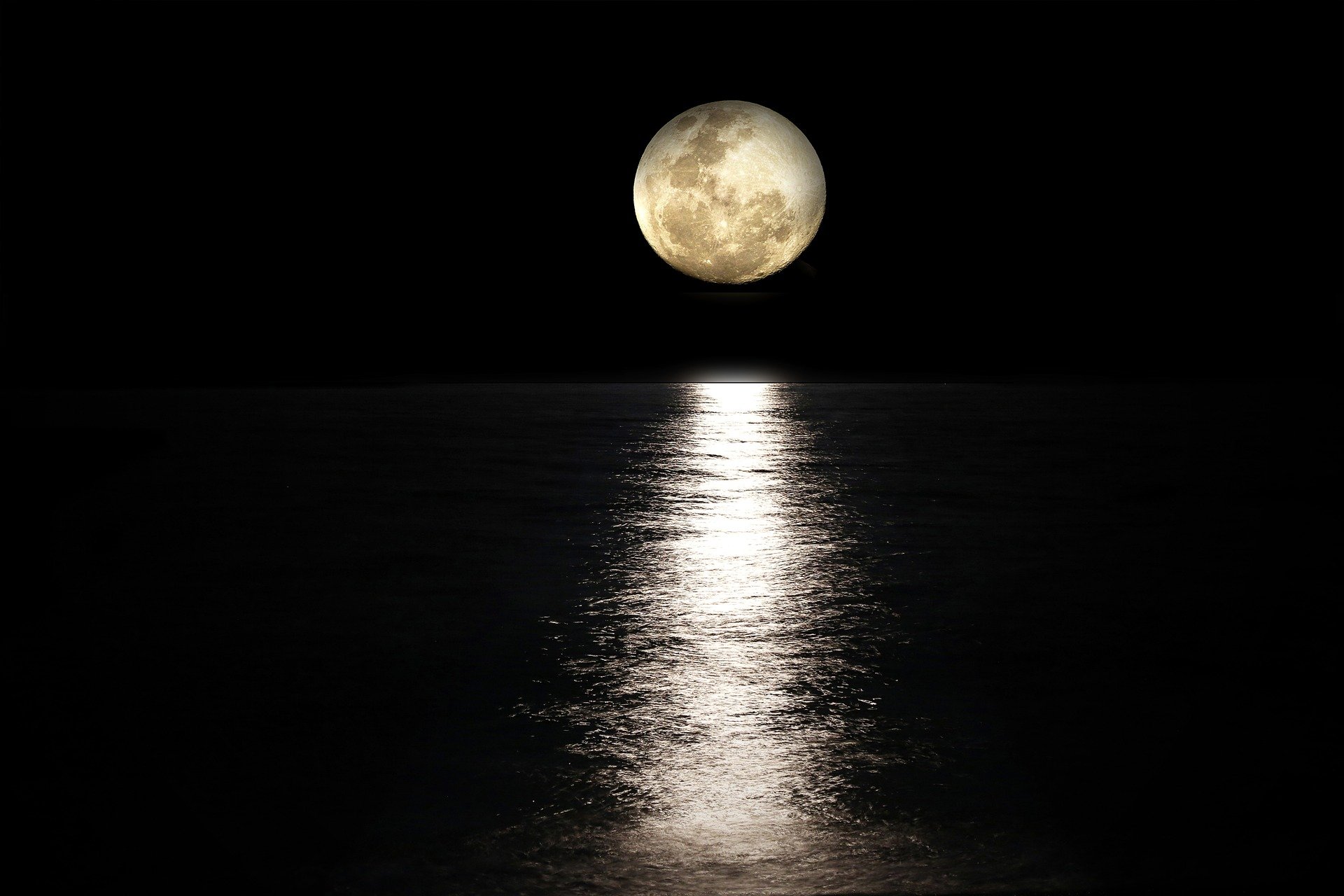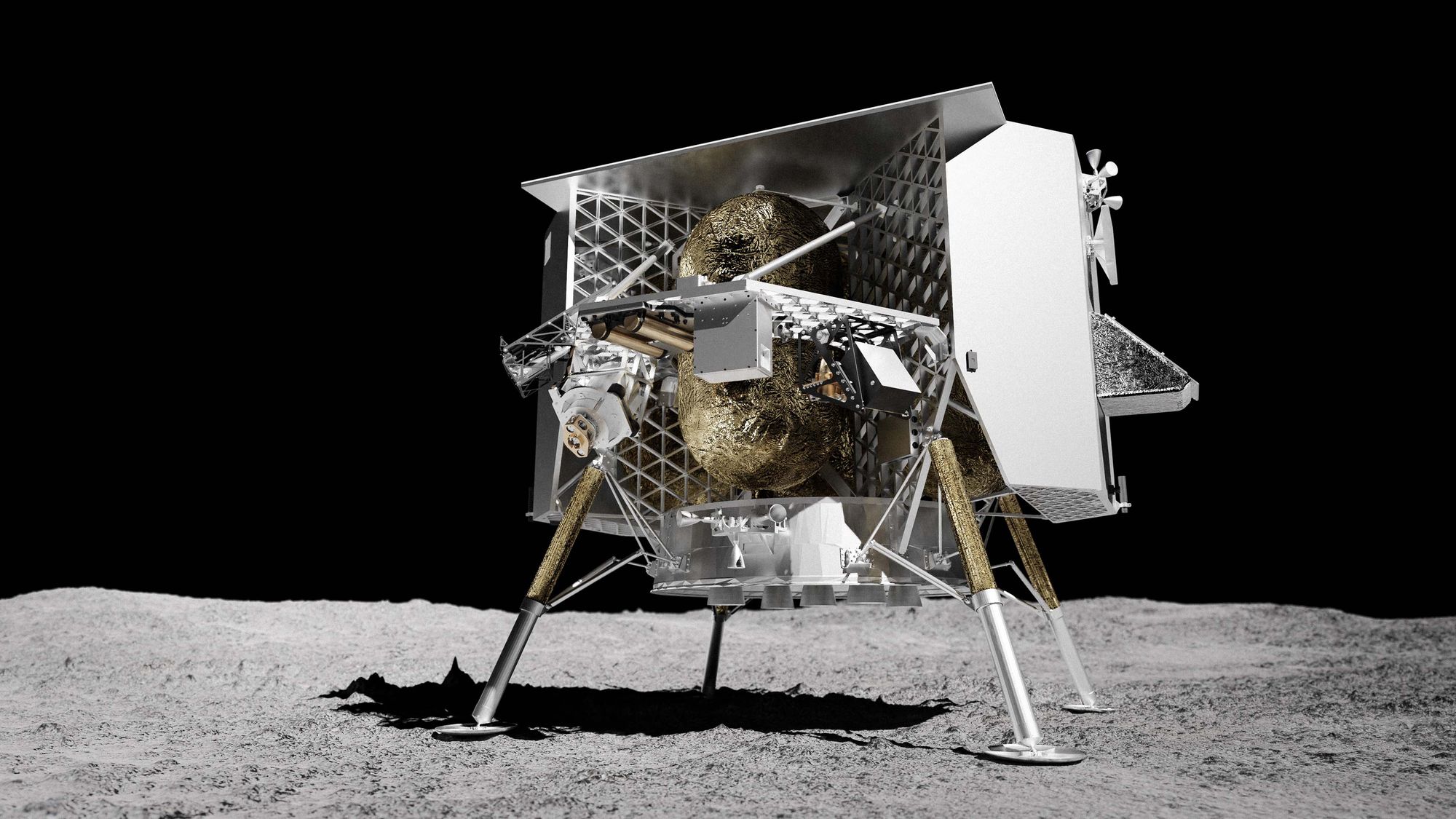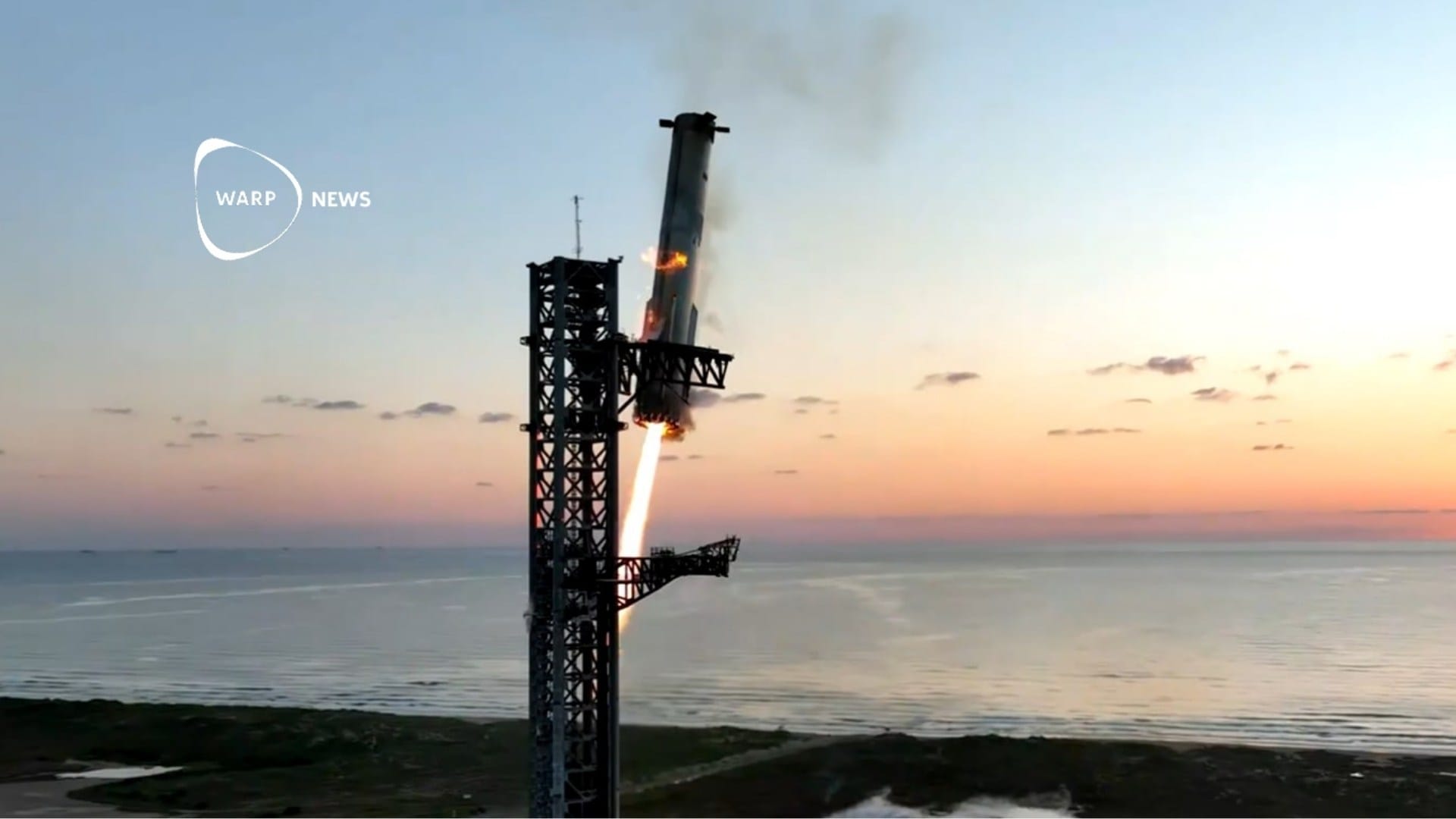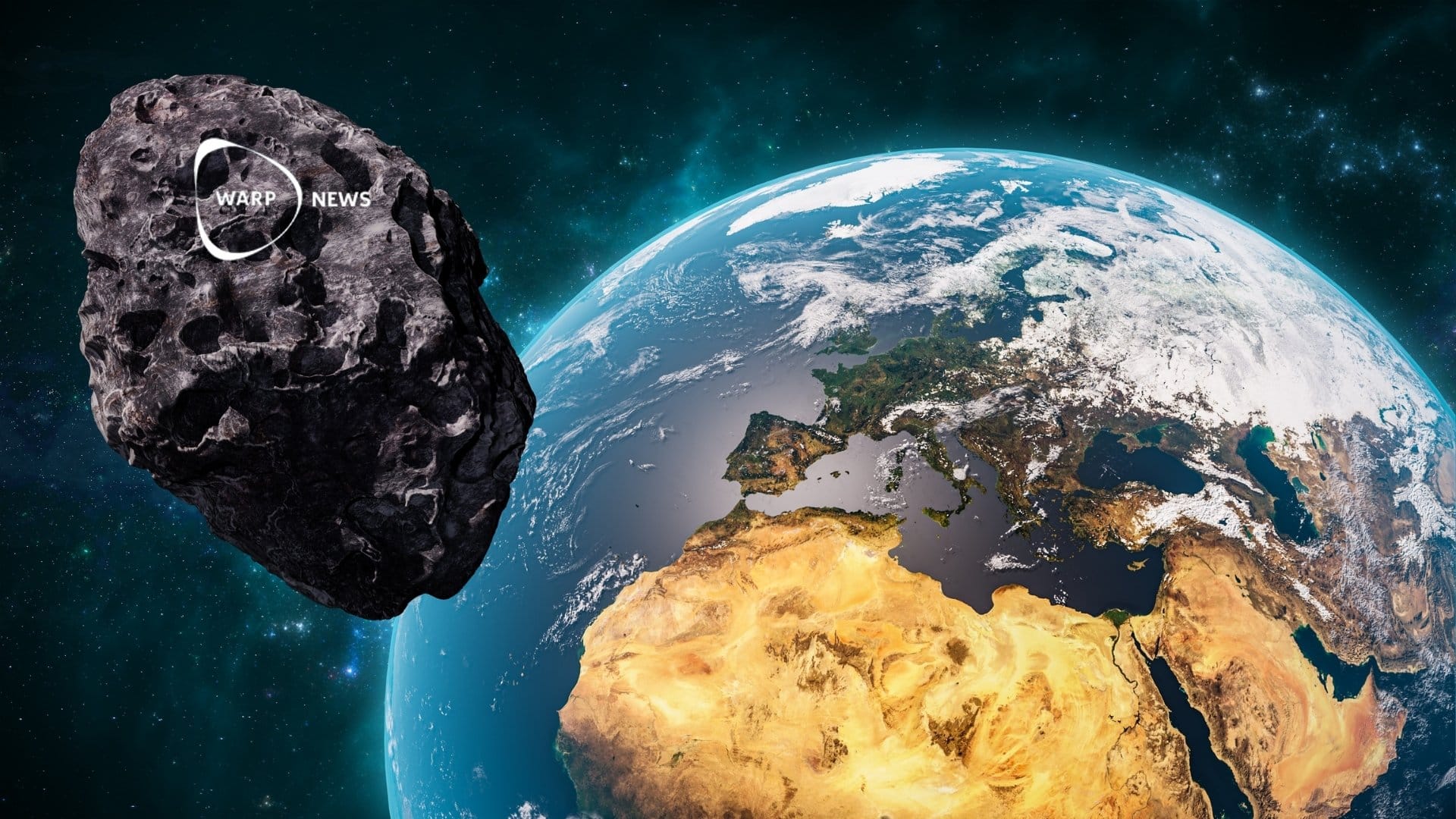
📀 A backup on the moon for all human knowledge
A foundation wants to create an archive of human knowledge and store it around the solar system on quartz disks that retain the information for billions of years.
Share this story!
How can we preserve humanity's knowledge for future generations? It's not something we think about on a daily basis, but the non-profit Arch Arch Foundation does. Its goal is nothing less than to create a backup for humanity's knowledge .
To succeed in this, methods are needed to store large amounts of data in a small area and on a very durable material. The method that the Arch Mission Foundation uses today is called 5D Optical Storage . Simply put, it involves burning information with a laser in special quartz disks.
The discs look like regular DVDs, but can be read with a microscope. Each disk can store several terabytes today, but the Arch Mission Foundation hopes to bring it up to 360 terabytes. The lifespan of the records should be around 14 billion years, so the records can serve as a kind of memoir for humanity as well.
The Arch Mission Foundation is also studying the possibilities of storing information in DNA. The goal is to be able to accommodate several exabytes of data in a small test tube or in small tablets.
The Arch Mission Foundation has already begun placing small libraries, mostly to raise awareness for the initiative. The first library came in the glove compartment of Elon Musk's Tesla, which was launched into space in 2018. The Little Quartz Crystal contains Isaac Asimov's science fiction novel trilogy The Foundation, which is fittingly about a foundation that wants to preserve humanity's accumulated knowledge before the collapse of civilization.
Most recently, the Arch Mission Foundation will place libraries with, for example, Wikipedia, Project Gutenberg and other open data sources in caves, bunkers and other places on earth. In addition, records with Wikipedia and other information will accompany Astrobotics' unmanned lunar lander this summer.

Those discs will complement a library that already exists on the moon. At least the Arch Mission Foundation hopes to be there. In 2019, the Arch Mission Foundation sent out records with 30 million pages of information with the Israeli lunar lander Beresheet. Unfortunately, it crashed, but the Arch Mission Foundation expects the discs to be so durable that they survived the crash.
The Arch Mission Foundation will now continue to archive all information that is openly available and store it securely all over the earth and also the entire solar system. There are already plans to send libraries to Mars and to the L4 and L5 points in space.
By becoming a premium supporter, you help in the creation and sharing of fact-based optimistic news all over the world.


